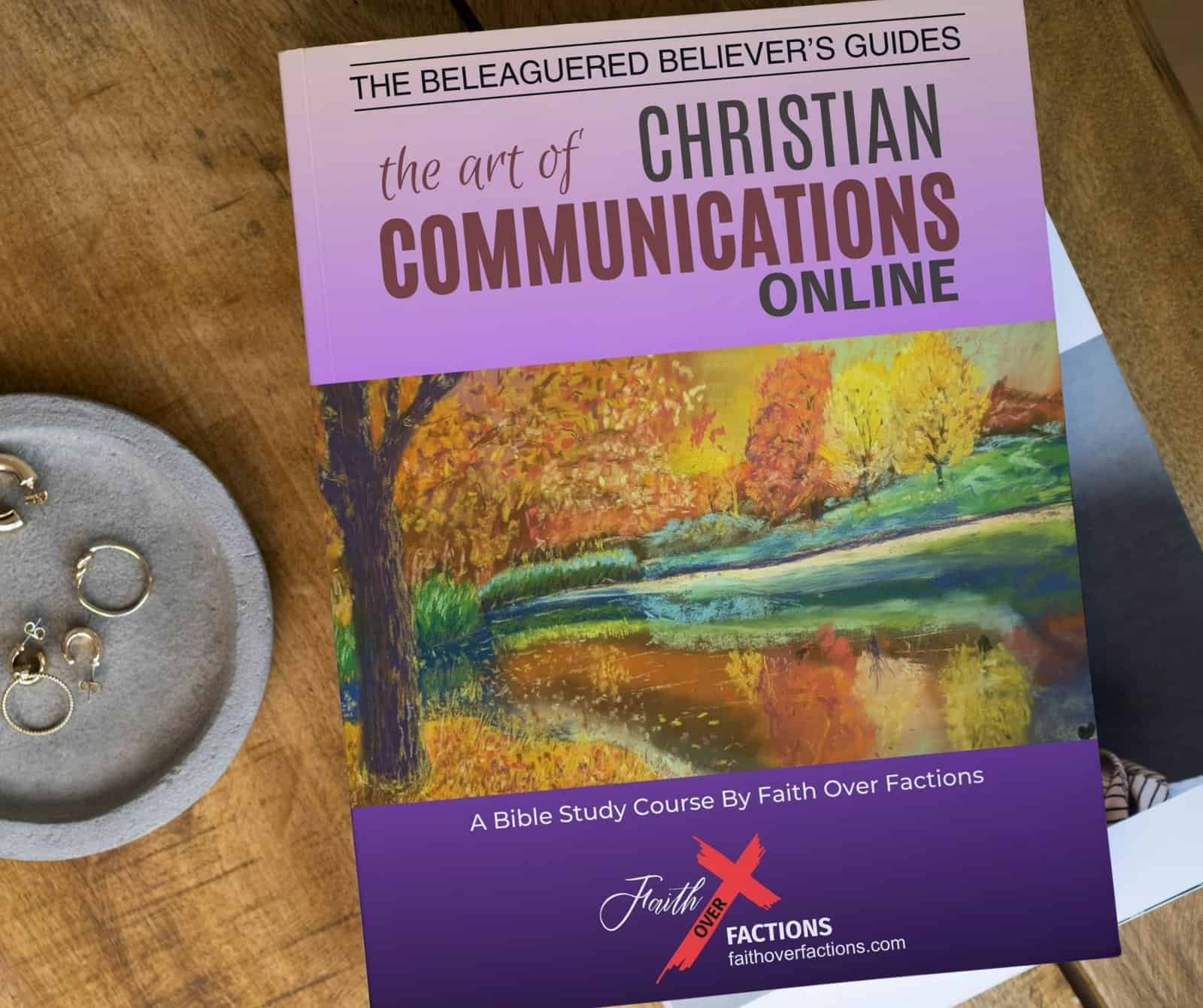

Eden was not just a garden. It was the first temple, the first home, the first place where God and humanity walked together without fear. Genesis 1–3 reveals how trust shattered, shame entered, and exile began. Yet even as the gate closed behind lost humanity, God planted a promise—a Redeemer would come. This Mile Marker invites us to recognize our exile, grieve it honestly, and lift our eyes toward the broken road already bending toward home.
And I will cause hostility between you and the woman, and between your offspring and her offspring. He will strike your head, and you will strike his heel.
Genesis 3:15Every road begins somewhere. For humanity, the road begins in a garden—lush, vibrant, untouched by grief. In Eden, we walked with God under open skies, unashamed and fully alive. But it didn’t stay that way. The first wound in Scripture is not physical—it is relational. Trust fractured. Desire distorted. The garden gate swung closed. This Mile Marker invites us to return to those first moments—not simply to grieve what was lost, but to glimpse the first thread of redemption that runs like blood beneath every broken place.
Genesis 1 opens with God’s creative breath. Light bursts forth. Waters separate. Land emerges. Life teems in oceans, skies, and fields. Humanity is formed from dust and divine breath—made in God’s image, called to steward creation, and blessed with purpose (Gen 1:26-28).
In Genesis 2, God plants a garden—Eden. Every tree is pleasing and nourishing. Rivers flow with life. Adam is placed there to work and watch over it. From Adam’s side, God creates Eve—a partner, not a possession (Gen 2:18-25).
But in Genesis 3, the serpent slithers in. His words twist God’s voice. Eve listens, desires, takes, and eats. Adam joins her. Instantly, innocence fractures. Shame enters. Fear drives them to hide from the One who once walked beside them (Gen 3:1-10).
God calls them out—not to destroy, but to confront. Consequences fall: pain, labor, conflict, separation from the tree of life. Yet even here, grace breathes: “He will strike your head, and you will strike his heel” (Gen 3:15). The first promise of a future Redeemer pierces the curse.
Ancient Near Eastern myths often depicted capricious gods—gods who toyed with humanity, demanded violent appeasement, or crushed mortals for sport. But Genesis opens with something utterly different: a God who creates out of joy, not domination. His power is not self-protective but self-giving. His voice does not threaten—it blesses. The heartbreak of Eden is not divine rage—it’s divine grief. The Creator mourns the fracture of what was once good, pure, and whole.
Arthur Pink writes: “God was not taken by surprise. He knew beforehand what man would do; and He made full provision for the same. Before man sinned, salvation was planned. Before the foundation of the world, the Lamb was slain. The fall of man only provided the dark background for the more manifest display of God's grace and mercy.”1
The seduction of autonomy remains universal. The desire to ‘be like God’ was never just Eve’s moment—it is humanity’s ongoing rebellion. We crave sovereignty over our own story, resisting dependence on the One who formed us. The modern world simply polishes the same lie into more sophisticated packaging: self-actualization, self-definition, self-made identity.
Knowledge without surrender, ambition without accountability, and freedom without wisdom continue to lead us into the same dead-end alley as Eden. The wound remains as raw today as it was at the broken gate.
Genesis confronts not only our sin but our self-sufficiency. True life was never intended to be autonomous—it was designed as dependent intimacy with the Father. The serpent’s offer was not freedom—it was isolation dressed as empowerment. And humanity still pays the cost of chasing that lie.
1 Arthur W. Pink, Gleanings in Genesis (Chicago: Moody Press, 1922), p. 51.
The serpent’s strategy wasn’t brute force—it was suggestion. “Did God really say…?” With one question, he plants doubt: maybe God is withholding. Maybe we deserve more. Desire shifts from receiving to reaching. Instead of delighting in what God gave, they grasp for what was forbidden.
As soon as they eat, shame floods in. Nakedness becomes exposure. What once was safe now feels dangerous. Shame makes us hide not just from God—but from each other. The first garments were fig leaves. The first hiding place was the trees.
When God calls, they deflect. Adam blames Eve. Eve blames the serpent. The vertical rupture between God and humanity spills horizontally into relationships. Where shame hides, fear accuses. The poison spreads fast and deep.
In the very pronouncement of judgment, God whispers redemption. “He will strike your head, and you will strike his heel” (Gen 3:15). This is more than poetic language—it is the protoevangelium: the first gospel. The Seed of the woman—Christ—would one day be wounded on the cross, but in that very wounding, He would crush the serpent’s head and undo the power of death itself.
Spurgeon writes: “The moment man fell, the covenant came into full effect. God had, in his eternal purpose, anticipated the fall, and provided in the person of the Redeemer, an effectual remedy for all the mischief which sin had wrought.”2
Before they are driven from Eden, God Himself provides the first blood sacrifice. He clothes Adam and Eve with garments of skin (Gen 3:21). Innocent life was taken to cover guilty flesh. The fig leaves of human effort were never enough. Only God’s provision could cover shame.
This foreshadows the ultimate covering: Christ, the Lamb slain from the foundation of the world. His blood covers not merely outward nakedness but the deepest stains of sin, granting righteousness in place of ruin.
When God stationed cherubim and a flaming sword to guard the tree of life, He was not acting in vengeance but in mercy. To eat from the tree in a fallen state would have sealed eternal death. Instead, the way to life would be secured by another tree—the cross.
On Calvary, Christ hung between heaven and earth, His body broken as the sword of justice fell. The guarded gate was reopened—not by human effort, but by divine sacrifice. Through the cross, we regain access to the life Adam forfeited.
2 Charles Spurgeon, Christ the Conqueror of Satan, Sermon No. 1187, delivered at the Metropolitan Tabernacle, London, April 19, 1874.
Genesis 3 isn’t just an ancient tragedy—it’s personal biography. We are all children of grasping hearts. Every time we reach for what God has not given—whether power, control, or premature knowledge—we reenact the fall in miniature. The serpent’s ancient whisper still echoes: “Did God really say?”
The ache of Eden is not distant—it’s present. We strive to build identities apart from God’s design. We cover our shame with modern fig leaves: success, self-image, productivity, approval. Yet beneath every covering remains the same core wound: fear of exposure.
But the story does not end with hiding. God still walks into the shadows of our failure and asks the most piercing question: “Where are you?” It is not accusation—it is invitation. The God who sees still seeks. He knows where we are. The question is whether we will step out of the trees to meet Him.
Fig leaves never worked. Self-justification never heals. Only divine provision can cover shame without hardening the heart. Christ’s covering offers what we cannot fabricate: restoration instead of hiding, dignity instead of defense, belonging instead of exile.
Tozer writes: "The only safe place for a soul is in the will of God, for outside His will there is only confusion and ruin."3
The gate of Eden is shut, but the invitation into life is wide open through Christ. The road of redemption winds forward—not through perfection, but through surrender. To step into grace is to step out of hiding. Not because you are worthy—but because He is faithful.
3 A.W. Tozer, The Knowledge of the Holy (New York: Harper & Brothers, 1961), p. 78.
The garden gate swings shut behind them—its creak echoes through every generation. Paradise slips behind flaming swords. The first exile begins, and the world groans under the unbearable weight of broken trust. Yet even here—grace breathes.
The fracture of Eden is not simply a story about sin—it is the origin point of every scar we carry. Every betrayal, every injustice, every grief finds its roots beneath that forbidden tree. But remarkably, every promise of redemption also flows from this same fracture. God did not abandon His creation at the gate. His plan of rescue ignited even as the curse was spoken.
The road out of Eden was not a road away from God. It was a road toward Golgotha. Each step east of Eden was a step closer to a cross where another tree would stand. Upon that tree, another Son—both Seed and Savior—would bear the curse that Adam birthed and we inherited. His body would become the new covering. His blood would satisfy the demands of justice that were first spoken outside Eden's gates.
And from that cross, the road continues—not into wilderness, but toward an empty tomb in another garden. The second garden reversed the curse of the first. The tomb is empty. The promise fulfilled. The gate once closed now swings open through nail-scarred hands.
Redemption does not erase the broken gate. It transforms it into a doorway of grace. What began in exile now opens into invitation. What felt like the end was always the beginning.


The Art of Christian Communications Online
Download The Art of Christian Communication Online—a free guide & workbook to help believers communicate with truth, empathy, and grace in every online conversation.
No email address required.

Find strength for weary days.
Download Everyday Endurance: Walking With Jesus in Unsteady Times
—a free devotional guide & workbook to help you build spiritual and emotional resilience through prayer, reflection, and daily trust in God.
No email address required

The Survival Guide for Beleaguered Believers is here—offering strength when systems fail, clarity whenlies spread, and hope that endures when the world seems out of control.
Don’t just survive the chaos—stand firm in Christ.
📖 Always free with Kindle Unlimited. Available in paperback and hardcover as well!
All Site Photography and Artwork Originals from John's wanders and studio unless noted.
Scripture quotations marked (NLT) are taken from the Holy Bible, New Living Translation, copyright © 1996, 2004, 2015 by Tyndale House Foundation. Used by permission of Tyndale House Publishers, Carol Stream, Illinois 60188. All rights reserved.
Scripture quotations marked (AMP) are taken from the Amplified® Bible,
Copyright © 1954, 1958, 1962, 1964, 1965, 1987, 2015 by The Lockman Foundation
Used by permission. www.lockman.org
We completely recommend E-Sword, a Free Study Bible available for most mobile and desktop platforms.